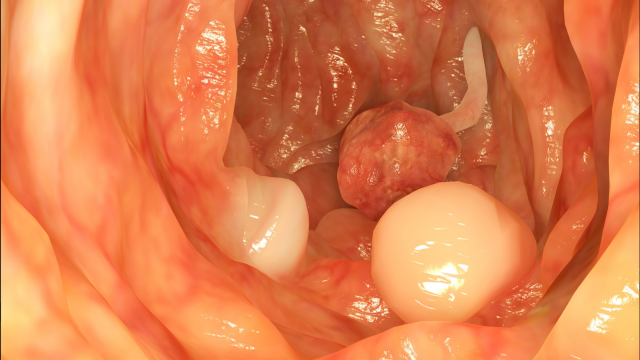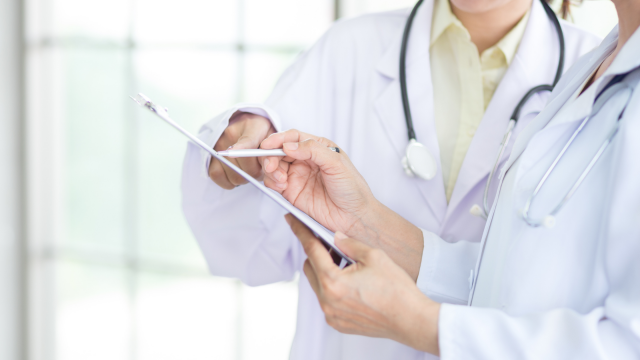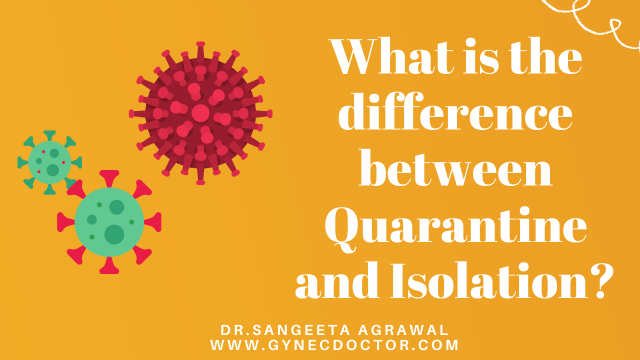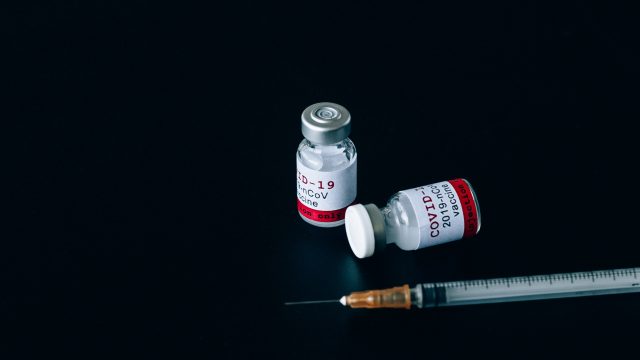Pelvic inflammatory disease (PID) is an inflammation in the pelvis. It involves the uterus, tubes ovaries and the pelvic area. It usually starts with an infection in the vagina and the cervix and then travels upwards to affect the pelvic organs. Pelvic inflammatory disease is said to be acute when there is sudden or severe inflammation of the uterus, fallopian tubes, ovaries and pelvic area due to infection. When it persists for a long time then it is said to be chronic.
Causes of Pelvic Inflammatory Disease (PID)
- Pelvic inflammatory disease can happen due to sexually transmitted infections such as chlamydia and gonorrhea.
- Infections that may or may not be sexually transmitted e.g. after a miscarriage or an abortion.
Symptoms of Pelvic Inflammatory Disease (PID)
Symptoms vary from person to person.
- Women may present with high fever
- Smelly vaginal discharge
- Pain in the lower abdomen
- Pain during sex
- Abnormal vaginal bleeding
These symptoms are not specific to PID and may be caused by other conditions. Pain in the abdomen may happen due to a wide variety of conditions such as bladder problems {stone or infection} bowel infections or an ovarian cyst. Therefore it is difficult to diagnose PID.
Diagnosis of Pelvic Inflammatory Disease (PID)
A proper history and examination may help to clinch the diagnosis. One may need to do a swab test i.e. check the fluid from the vagina and /or the cervix for microscopy and culture. Occasionally the swab is also taken from the entrance of urethra. A blood test may show increased WBC i.e. suggestive of infection. An ultrasound examination may be done and this may show swelling of the tubes, fluid collection behind the uterus and/or pus collection. When the diagnosis is not clear or there are symptoms to suggest appendicitis then one may need a laparoscopy i.e. to look into the abdomen with the camera.
Treatment of Pelvic Inflammatory Disease (PID)
Depending on the severity one may need hospitalization, intravenous antibiotics. In case of an abscess, one may need surgery. If there is associated pregnancy then antibiotics have to be chosen carefully. If there is an IUCD inside then there may be a possibility that it needs to be removed in case the infection does not settle.
In such a situation the oral contraceptive may be used. In the case of PID due to sexual activity, it is wise for the sexual partner to also undergo investigations and take treatment even if there are no symptoms. It is imperative to avoid sex until both partners are treated completely. It is wise to use condoms as it can prevent repeat episodes. Repeated episodes of PID can damage the tubes thereby affecting the fertility and increasing the risk of ectopic pregnancy, persistent pain in lower abdomen and pain during periods and sex.
If you think you have symptoms to suggest PID then make an appointment to see Dr. Sangeeta today. With prompt and adequate treatment, PID can be curable and can prevent fertility issues in the future.


















